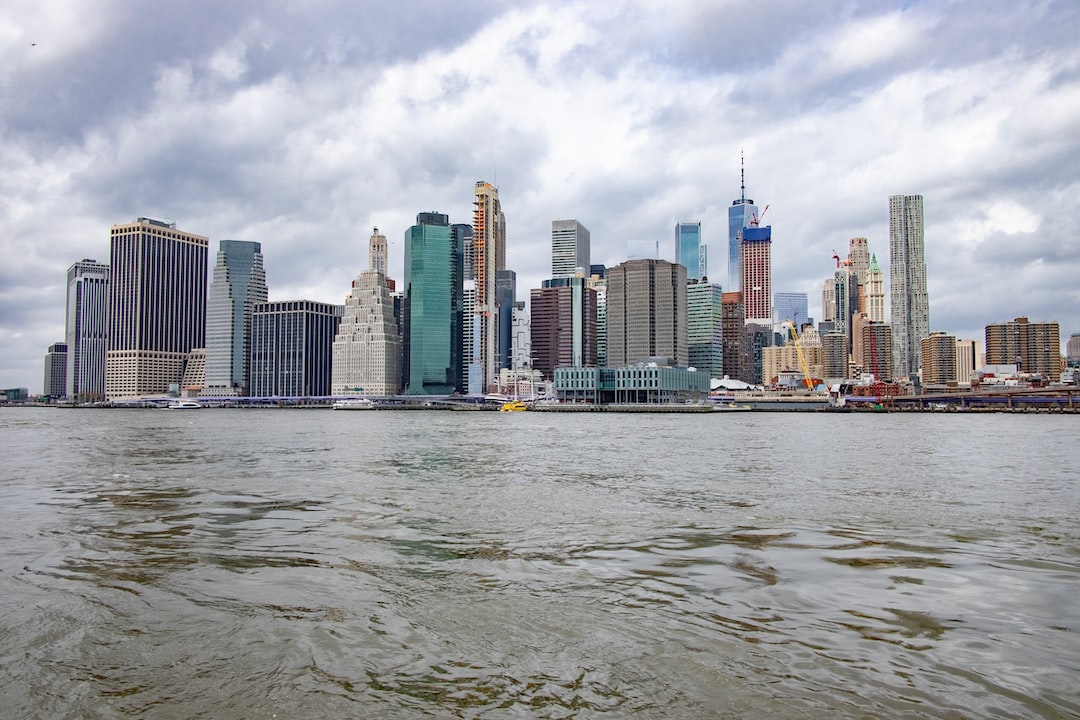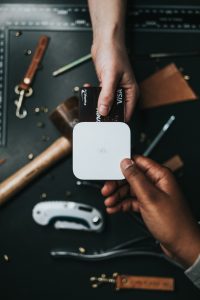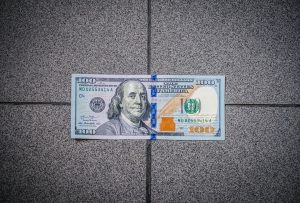Forex, also known as foreign exchange or currency trading, is a decentralized market where currencies are bought and sold. It is the largest financial market in the world, with an estimated daily trading volume of $5.3 trillion. The forex market is open 24 hours a day, five days a week, and is accessible to anyone with an internet connection and a trading account. But who are the people trading forex?
There are several types of market participants in the forex market, including banks, corporations, governments, retail traders, and speculators. Each group has its own motivations and strategies when it comes to trading currencies.
Banks and financial institutions are the biggest players in the forex market. They trade currencies on behalf of their clients, as well as for their own profit. Banks buy and sell currencies to facilitate international trade and investment, manage their exposure to currency risk, and earn profits from their trading activities.
Corporations also trade currencies to manage their exposure to currency risk. For example, a company that imports goods from another country will need to pay for those goods in the local currency. If the value of that currency falls, it will cost the company more to make the payment. By trading currencies, the company can hedge against this risk and protect its profits.
Governments also participate in the forex market, primarily to manage their international reserves. Central banks buy and sell currencies to stabilize the value of their own currency, ensure economic stability, and promote international trade.
Retail traders are individuals who trade currencies for their own account. They make up a small percentage of the overall forex market but are still a significant force. Retail traders can access the market through online brokers, and they trade on margin, meaning they only need to put up a small percentage of the total value of the trade.
Retail traders are attracted to forex trading because of the potential for high returns. The market is highly liquid, meaning it is easy to enter and exit trades, and there are no commissions or fees. However, forex trading is also risky, and many retail traders lose money.
Finally, there are speculators, who trade currencies with the sole aim of making a profit. Speculators buy and sell currencies based on their analysis of market trends, economic data, and other factors that may affect the value of a currency. They can make money by buying a currency when it is undervalued and selling it when it is overvalued.
Speculators account for a significant portion of the forex market, and their actions can affect the value of currencies. For example, if a large number of speculators start selling a particular currency, its value will fall, and vice versa.
In conclusion, the forex market is a complex ecosystem with a variety of participants. Banks, corporations, and governments use it to manage their exposure to currency risk, while retail traders and speculators are attracted by the potential for high returns. Each group has its own motivations and strategies when it comes to trading currencies, but they all contribute to the liquidity and efficiency of the market.






